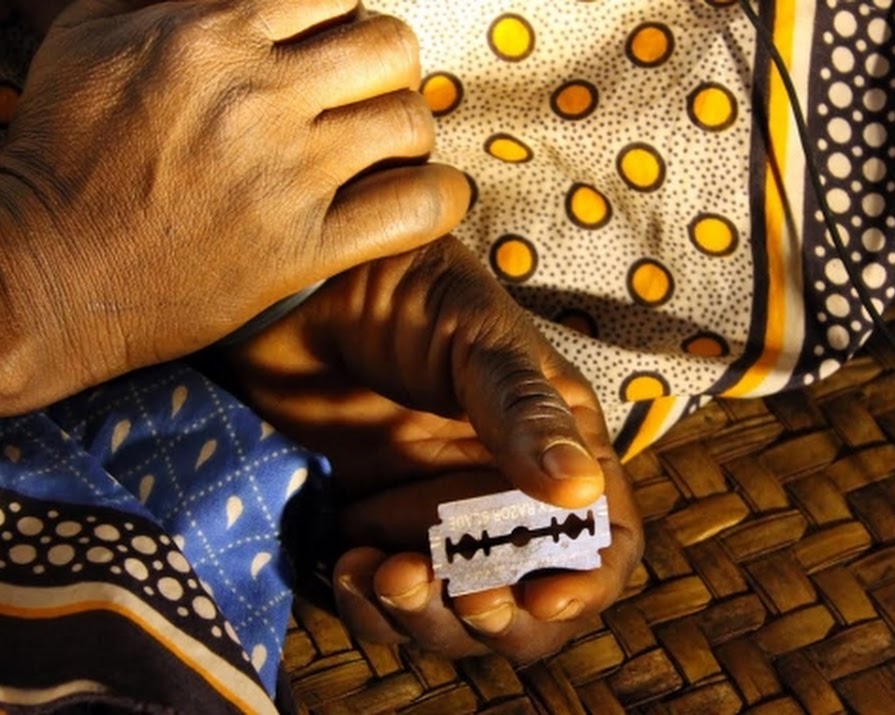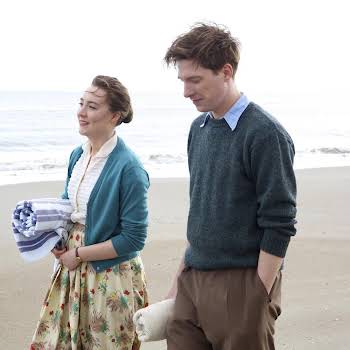
By Jeanne Sutton
06th Feb 2015
06th Feb 2015
fgm
5500 girls will endure Female Genital Mutilation (FGM) today. 2 million girls a year. It is estimated that about 140 million girls and women worldwide are living with the consequences of the procedure. In countries such as Guinea and Sierra Leone, the rates of FGM among the female population are 95% and 94% respectively.
Girls and women subjected to FGM, often carried out with crude instruments and no medical after-care, are twice as likely to die during childbirth. They are more susceptible to obstetric fistula, uterine, vaginal and pelvic infections. The risk of psychological damage and post-traumatic stress is higher. To say lives can be utterly destroyed by the procedure is a stone-cold understatement.
Why is this happening in 2015?
A lot of the reasoning is down to societal acceptance in the regions of the world where FGM is most common. In large swathes of Africa and Asia, the practice of damaging a woman and girl at the core of her being remains unquestioned. Some cultures believe it to be a religious requirement. A woman who doesn’t undergo it is ?unclean? and will be ostracised from her community. Others see it tied into the notion of family honour. That it will discourage a woman from being ?unchaste? and preserve her virginity for marriage.
Today is UN Zero Tolerance of FGM Day. Plan Ireland, who run the amazing Because I am a Girl campaign, explained to us how organisations such as theirs and governments are tackling the issue. Plan Ireland CEO David Dalton says that they take a ?holisitic based approach? in eradicating FGM. The benefits of using the power of communities mean impact on a local level, spread village by village. As Dalton says, such a programme ?works best when it’s a member of someone’s own community who is trying to change attitudes.?
Plan Ireland, through Because I am a Girl, are about to roll out a programme in Guinea Bissau that aims to eradicate FGM. Dalton expalins how it will work, ?This programme will break the silence around this highly sensitive issue and initiate open dialogue in the communities; use a range of media; including radio debates and street theatre to raise awareness of the harmful consequences of FGM; support local community activists, influential people such as religious leaders, teachers, and ex-practitioners who are campaigning for the eradication FGM in their own communities.?
In Ireland, Dr. Caitriona Henchion is the Medical Director with the Irish Family Planning Association and regularly meets women who have undergone FGM. The IFPA runs a specialised clinic for these women, which was set up last May in response to a 2008 National Plan of Action to Address FGM.? The act itself was made illegal in 2012 under the Criminal Justice (Female Genital Mutilation Act). If FGM is performed in Ireland, or a girl is taken to another country to undergo FGM, a person can face a €10000 fine or imprisonment for up to 14 years, or both. An AkiDwA report from 2013 estimates that more than 3780 women and girls, between the ages of 15 and 44, living here have undergone FGM. The IFPA partner with AkiDwA, a?network of African and migrant women living in Ireland, ?to get the message out? that this service exists.
While it is brilliant that such a law exists, what about the women and girls living with FGM? The treatment service that the IFPA runs is a vital service for these people. It is located in Dublin city centre and offers entirely free specialized medical care and counseling. No medical cards are required. Outreach is carried out in Direct Provision centres and the IFPA lets nurses and GPs know about the service, so that women can be referred.
Dr. Henchion points out that lot of women undergo the procedure at such a young age they often forget what was done to them. ?Unfortunately some of these women may have been only five years old when it happened,? she explains. Dr. Henchion helps patients, often ‘stoic women? she says, combat the fear of not knowing. First, she carries out an assessment of just how much was cut. There are helpful diagrams and an interpreter is available. Women want to know if they can have orgasms, or comfortable penetrative sex. The possibility of psycho-sexual problems is always present and counselling is offered to all.
However, the waiting room is often a great source of empathy for these women. Dr. Henchion says that in one instance a husband asked her to prolong calling his wife in as she had struck up a conversation with another waiting patient. He could see how much good this opening up was doing for his partner and didn’t want it interrupted. The power of finally telling one’s story is often the first step in recovery for FGM survivors. As for women who may require follow-up reconstructive care after their initial assessment, she says, ?We have arranged a referral pathway to a female specialist at the Rotunda.?
The clinic operates a dedicated mobile number for the FGM clinic, 085 877 1342, which women and girls can ring, or text, for more information. It provides an opportunity for them to ?talk without any fear? as discussing FGM can be taboo in certain communities
?We’re always here, we’re always open,? says Dr. Henchion.
For more information see ifpa.ie and plan.ie
Follow Jeanne Sutton on Twitter @jeannedesutun























